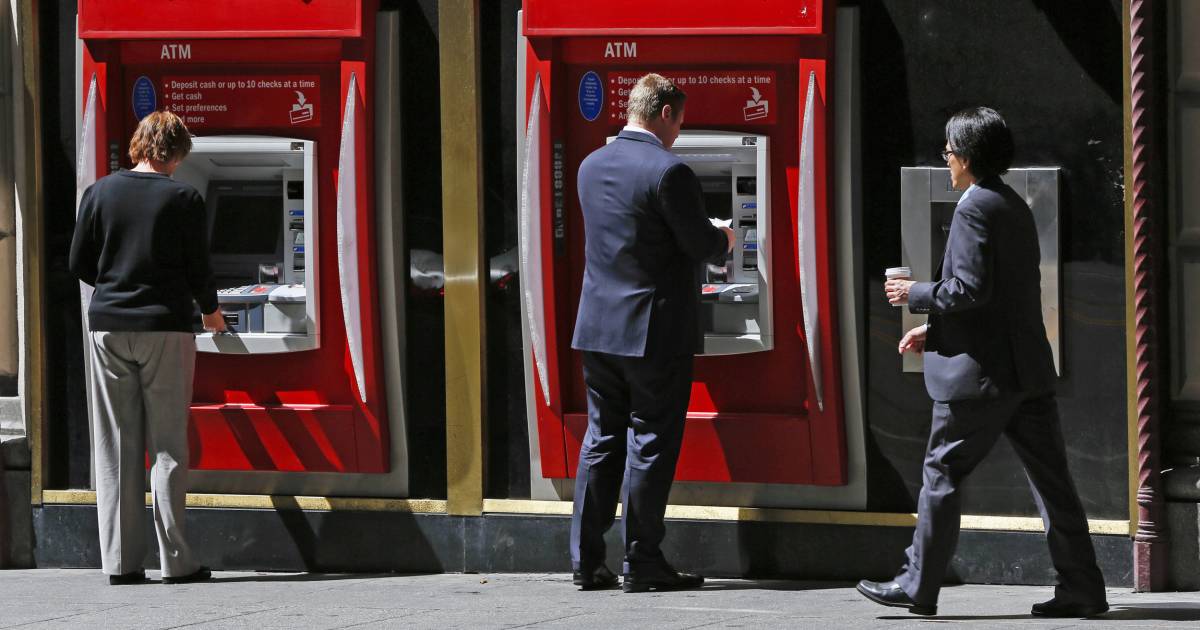Economists say the relatively modest gains over the last few years are endangered by the administration’s policies and vulnerable to a long overdue economic downturn.
The median income rose in 2017 for the third straight year, the Census Bureau reported. But the details of the report raised concerns about whether middle-class households will simply tread water.
Poverty rates in some of the nation’s most populous metropolitan areas dropped in recent survey, a trend expected to continue, experts say.
Median household income rises 1.8 percent to record $61,400 in 2017. Income increased 3.2 percent in 2016.
Census-compiled income and poverty rates are used to gauge the economic well-being of the nation and remain tools for lawmakers in deciding policy.
A new report from the Census Bureau indicates the problem could be getting worse.
U.S. unemployment is down and jobs are going unfilled. But for people without much education, the real question is: Do those jobs pay enough to live on?
People with criminal records are often denied public housing, but few use their right to contest their denial in an informal hearing.
Washington and other urban areas have ?heat islands? ? places with a lot of concrete and few trees.
The Trump administration is letting states require Medicaid beneficiaries to work.
– For the first time in almost a decade, Oklahoma will pay medical professionals who treat Medicaid patients more.
The state has now conformed with the federal tax code, providing $76 million in tax relief for individuals and businesses and making filing easier.











